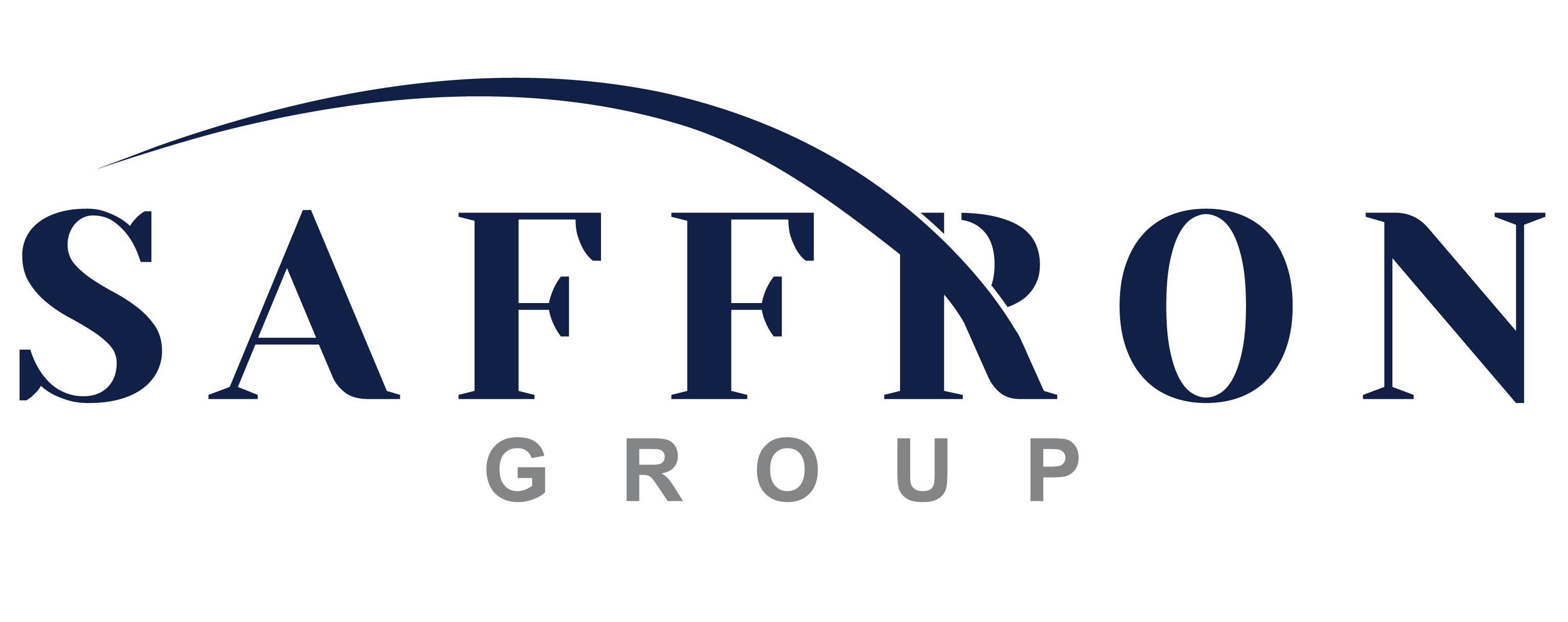Our policies, values and trainings:
We are committed to sourcing quality products from, and building relationships with, suppliers who share our values and ethical standards. We do not enter into business with any organisation, in the United Kingdom or abroad, which knowingly supports or is found to be involved in slavery, servitude and forced or compulsory labour.
Our Code of Conduct provides important guidelines for interactions with customers, suppliers and other business partners. At the core of the Code of Conduct and our activities are our ICARE principles, which are; Integrity, Customer-first, Accountability, Respect and Excellence.
We are an equal-opportunities employer committed to creating and ensuring a non-discriminatory and respectful working environment for our colleagues. Our recruitment and people management processes are designed to ensure that all prospective colleagues are legally entitled to work in the UK and to safeguard colleagues from any abuse or coercion once in our employment.
We want all our colleagues to feel confident that they can expose wrongdoing without fear of retaliation.
We conduct web-based and/or face to face training for colleagues to emphasise the importance of acting with integrity and in line with our ICARE principles and Code of Conduct.
We have commenced a programme of targeted training sessions for colleagues to further increase awareness and understanding of our key compliance topics, including our whistleblowing framework.

